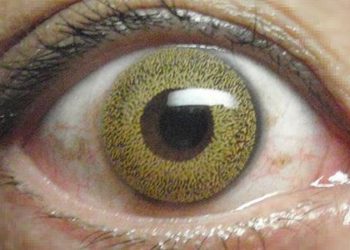Spirituality may influence the aggressiveness of end-of-life treatments in cancer patients
1. In this scoping review, spiritual care offered by the medical team typically led to more referrals to hospice and was associated with less aggressive end-of-life treatments.
2. In addition, it was found that end-of-life preferences differ based on religious denominations: Buddhists and Taoists received more aggressive end-of-life care, while Catholics were less likely to sign a do-not-resuscitate order.
Evidence Rating Level: 2 (Good)
It is well known that religiosity/spirituality/religious-spiritual coping (RS) may have an impact on end-of-life (EOL) care in cancer patients. However, there is a paucity of evidence concerning preferences across different religious affiliations in cancer patients. As a result, the objective of the present scoping review was to qualify the relationship between RS and the type of treatments preferred or received during EOL care in cancer patients.
Of 6140 identified records, 17 (n=3766 patients) studies were included from various databases from 2005-2022. Studies were included if they examined RS variables and their association with care preferred or received by cancer patients. Studies were excluded if they did not have cancer-specific data. The review was performed using PRISMA guidelines. Quality was assessed using the Newcastle Ottawa scale (NOS). The primary outcome was the treatment preferred or received during EOL care.
The results demonstrated that although RS was associated with more aggressive EOL treatments, spiritual care offered by the medical team led to more referrals to hospice and less aggressive treatments. In addition, there were differences in EOL preferences depending on religious affiliation. For instance, Buddhists and Taoists received more aggressive EOL care, while Catholics were less likely to sign a do-not-resuscitate order. Despite these results, the study was limited by the fact that the role of patient health insurance was not taken into consideration, which may have influenced EOL treatment preferences. Nonetheless, the present study provided additional insight into the role of RS on treatment preferences during EOL care.
Click to read the study in Journal of Pain and Symptom Management
Image: PD
©2023 2 Minute Medicine, Inc. All rights reserved. No works may be reproduced without expressed written consent from 2 Minute Medicine, Inc. Inquire about licensing here. No article should be construed as medical advice and is not intended as such by the authors or by 2 Minute Medicine, Inc.



![2MM: AI Roundup- AI Cancer Test, Smarter Hospitals, Faster Drug Discovery, and Mental Health Tech [May 2nd, 2025]](https://www.2minutemedicine.com/wp-content/uploads/2025/05/Untitled-design-350x250.png)





